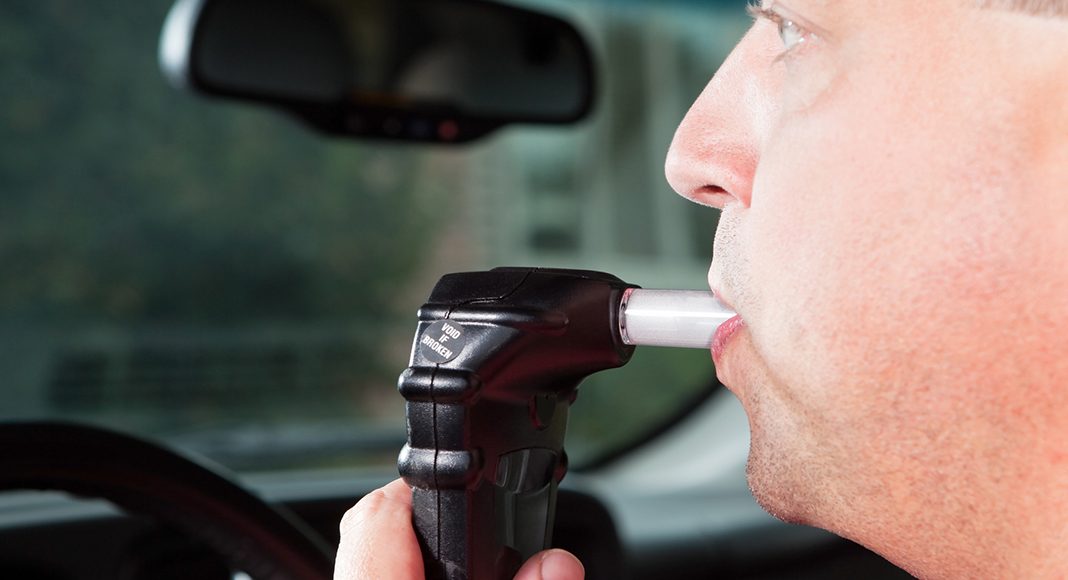The European Union (EU) should require alcohol interlocks to be fitted in all new professional vehicles, according to the European Transport Safety Council (ETSC).
The call comes as the ETSC publishes a new report, âProgress in Reducing Drink Driving in Europeâ, looking at how to reduce the 5,000 deaths still caused by drink-driving in the EU each year.
âHigh levels of enforcement are critical to solving Europeâs drink-driving problem. And for those drivers who carry on getting behind the wheel after drinking, despite checks and sanctions, alcohol interlocks are an important and effective way of getting people rehabilitated,â said Antonio Avenoso, Executive Director of ETSC.
âItâs also crucial that drivers entrusted with professional vehicles carrying goods or passengers must never be allowed to get behind the wheel when they are over the limit. Many fleets across Europe are already using interlock devices, itâs time they were made a standard feature.â
In a road safety package announced last month, the French government said all repeat drink-driving offenders would be required to install an alcohol interlock. All coaches in France are already required to have the devices installed.
In September last year, Austria launched a national rehabilitation programme for drink-drivers that offers the option for drivers to install an interlock in order to get back behind the wheel before the full term of a driving ban has expired. Belgium, Denmark, Finland, The Netherlands, Poland and Sweden have introduced similar programmes, as have the majority of U.S. states.
ETSC said the programmes have proven to be one of the most effective measures for tackling drink-driving and should be extended across the EU.



















